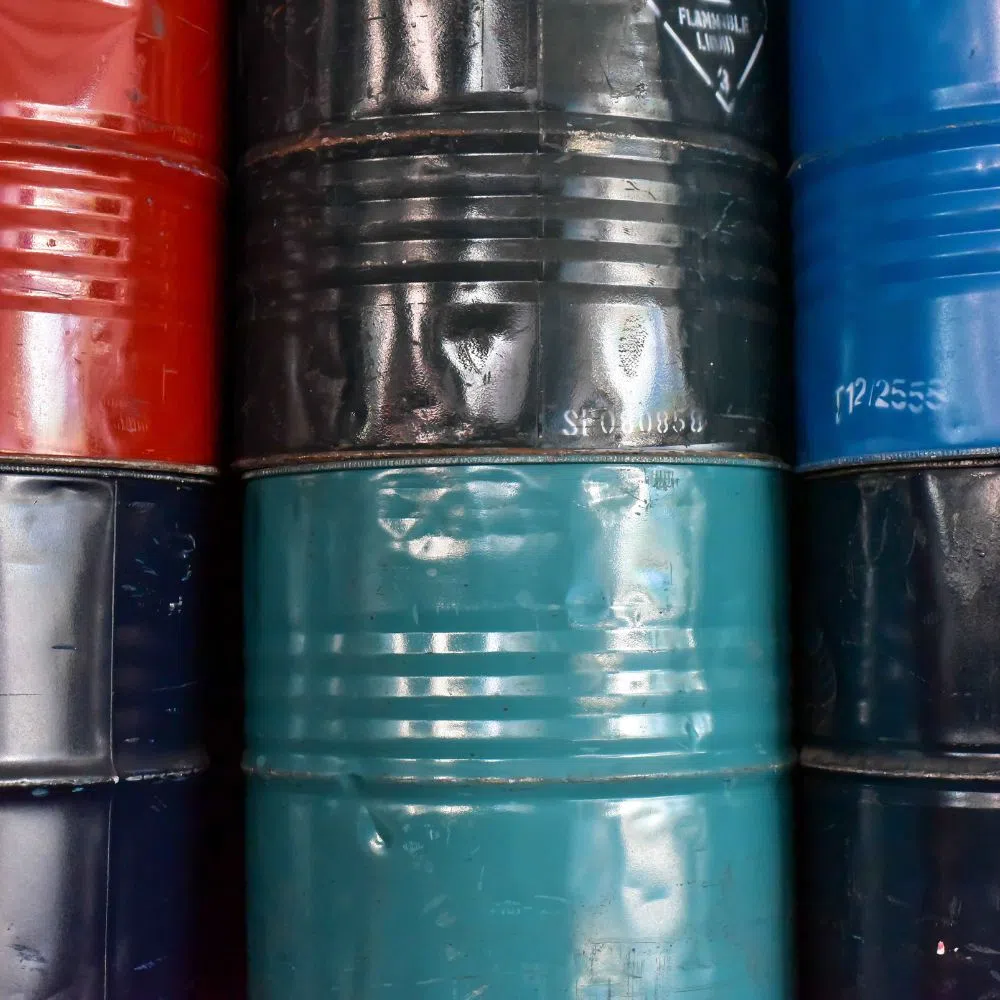As businesses want to reduce their environmental impact, solvent recycling can help industries that use solvents in their production processes. While it’s an effective way to reduce waste, cut costs, and improve sustainability, it isn’t a magical solution. And there are some reasons why solvent recycling isn’t working for your business. Luckily, you can explore some ways to mitigate the issue.
Wrong Equipment
Each business has unique solvent requirements. Therefore, you must select the right equipment based on your needs. Failure to do so will result in poor recycling results and lost investment. Fortunately, your business can improve solvent recycling efficiency with the right solvent recycler machine. A quick equipment upgrade can help you achieve your desired sustainability goals.
Poor Maintenance
Solvent recycling equipment requires regular maintenance to ensure that they operate correctly. This may include cleaning the machinery, replacing worn parts, and testing the system’s chemical composition, among other maintenance activities.
Check the machine’s maintenance history if you don’t obtain the desired results from your solvent-recycling equipment. That way, you can determine if the machine has adequate upkeep. If not, consider investing in better maintenance.
Poor Quality Solvents
Poor quality solvents are among the most common reasons solvent recycling isn’t working for your business. Recycling solvents may yield a different outcome and hinder your business operations. In these situations, investing in new solvents of higher quality may be more beneficial. By doing so, you can ensure optimal performance and maintain the integrity of your processes.
Limited Waste Volume
Solvent-recycling equipment handles a specific volume of waste. If your business generates a limited amount of waste, solvent recycling might not effectively solve the issue. This is because the equipment may not efficiently consume energy to process the small volume of waste.
In such cases, consider alternative waste management solutions that better suit smaller waste volumes. Exploring other options ensures more efficient and sustainable waste management practices for your business.
Improper Storage
Improper storage of solvents can lead to contamination, diminishing their effectiveness in the solvent-recycling process. Make sure to store your solvents in the recommended conditions as per the manufacturer’s instructions. Proper storage preserves the quality of the solvents and minimizes the risk of impurities affecting the chemicals.
Take a closer look at your current solvent-recycling procedures and adjust where necessary to enhance your sustainability goals. Doing so can improve your processes and positively contribute to the environment and society.







